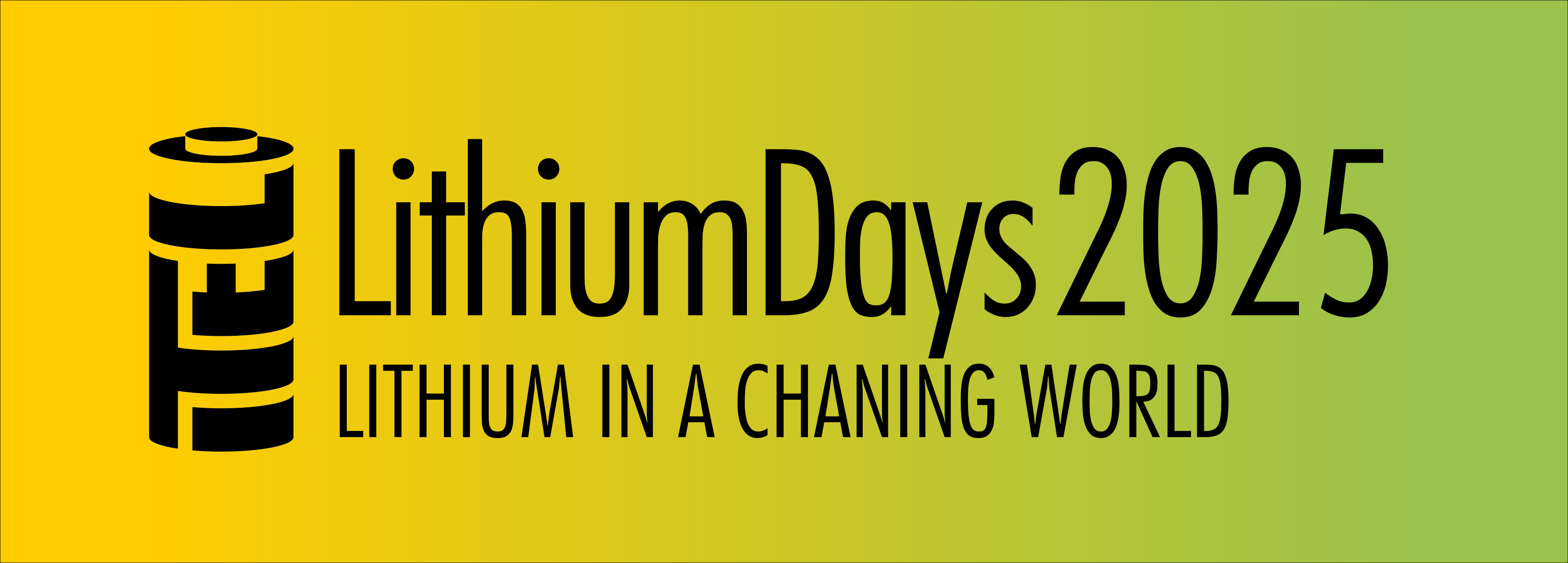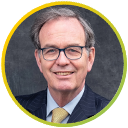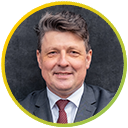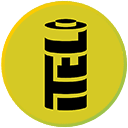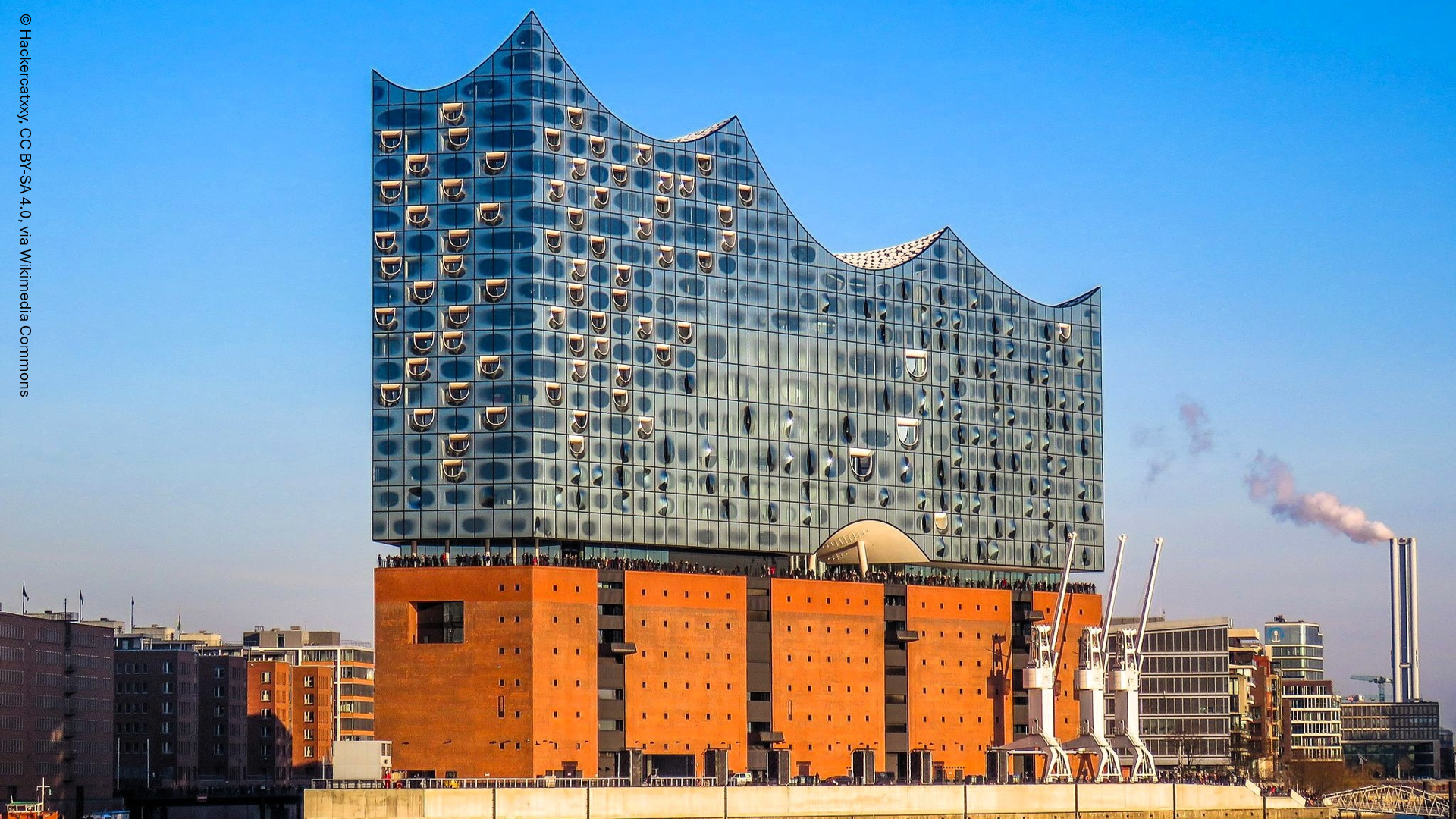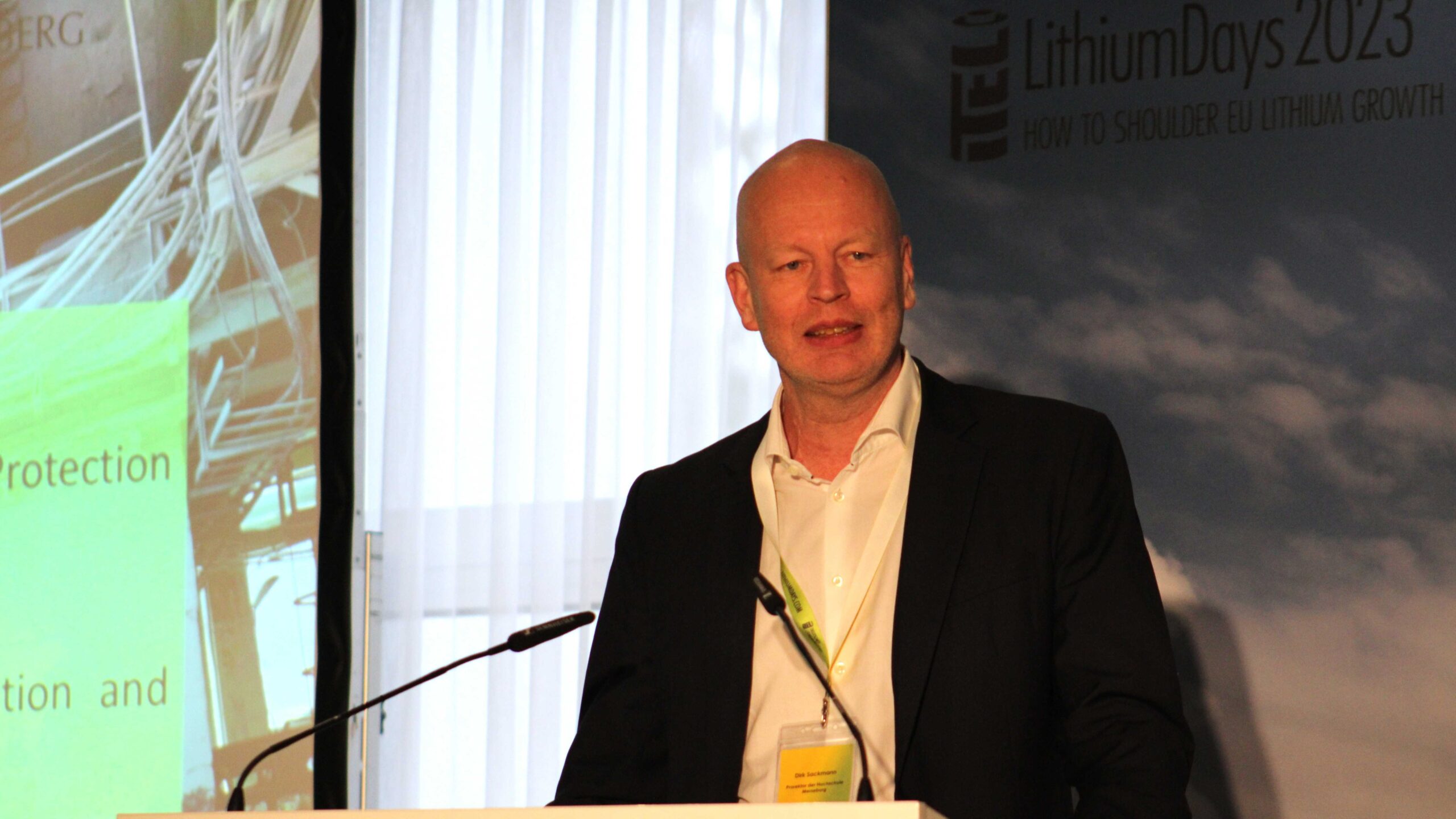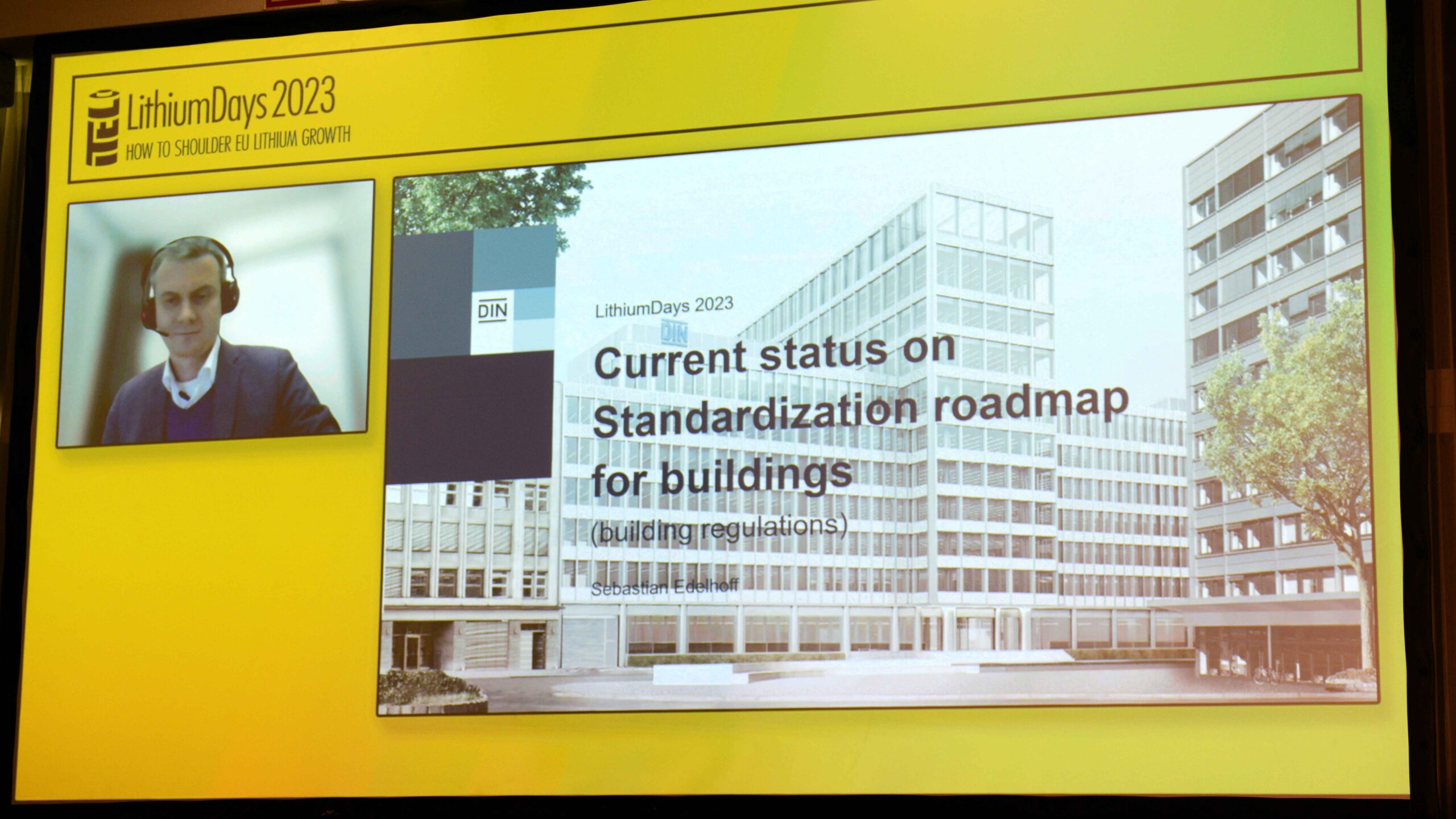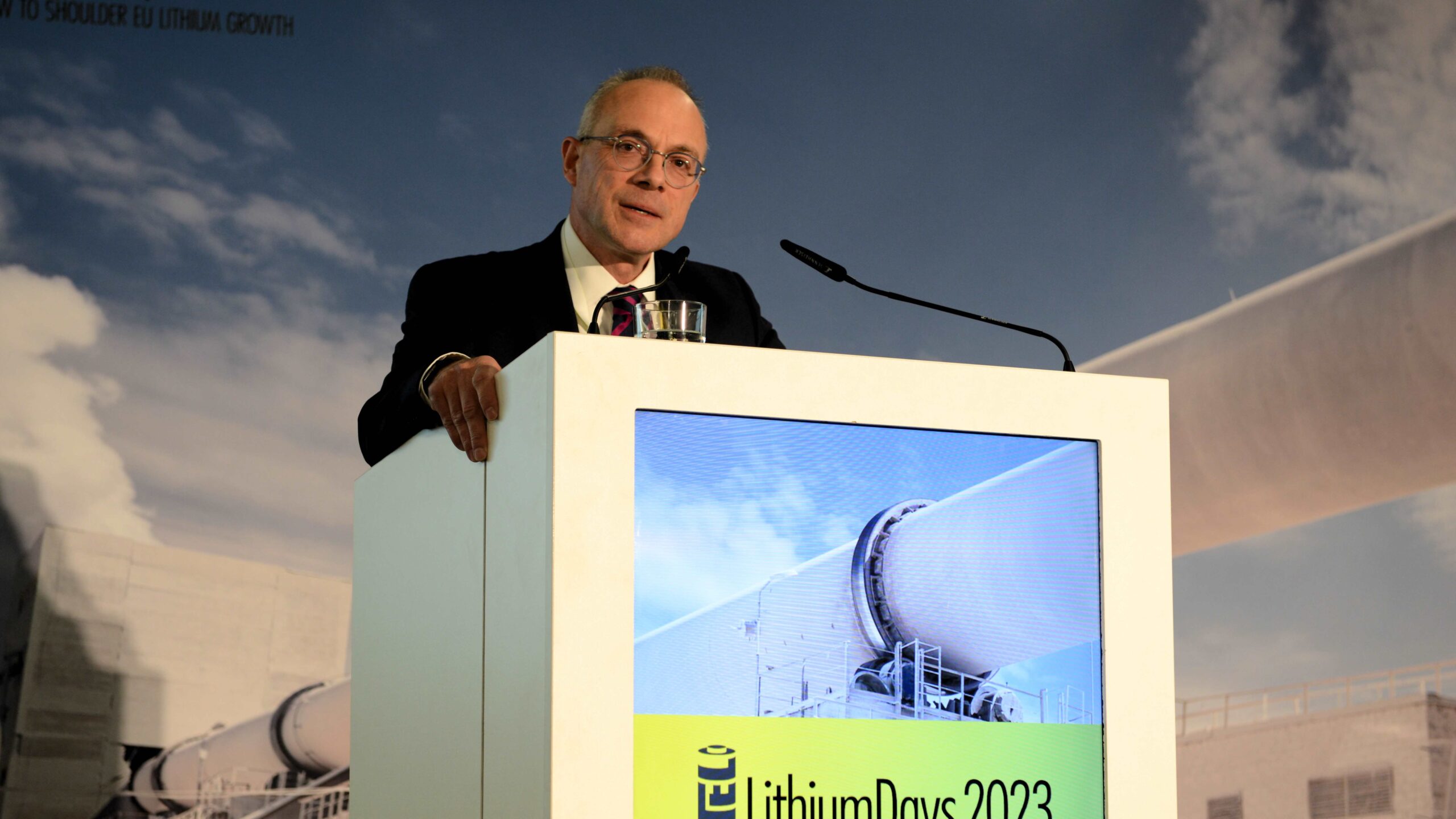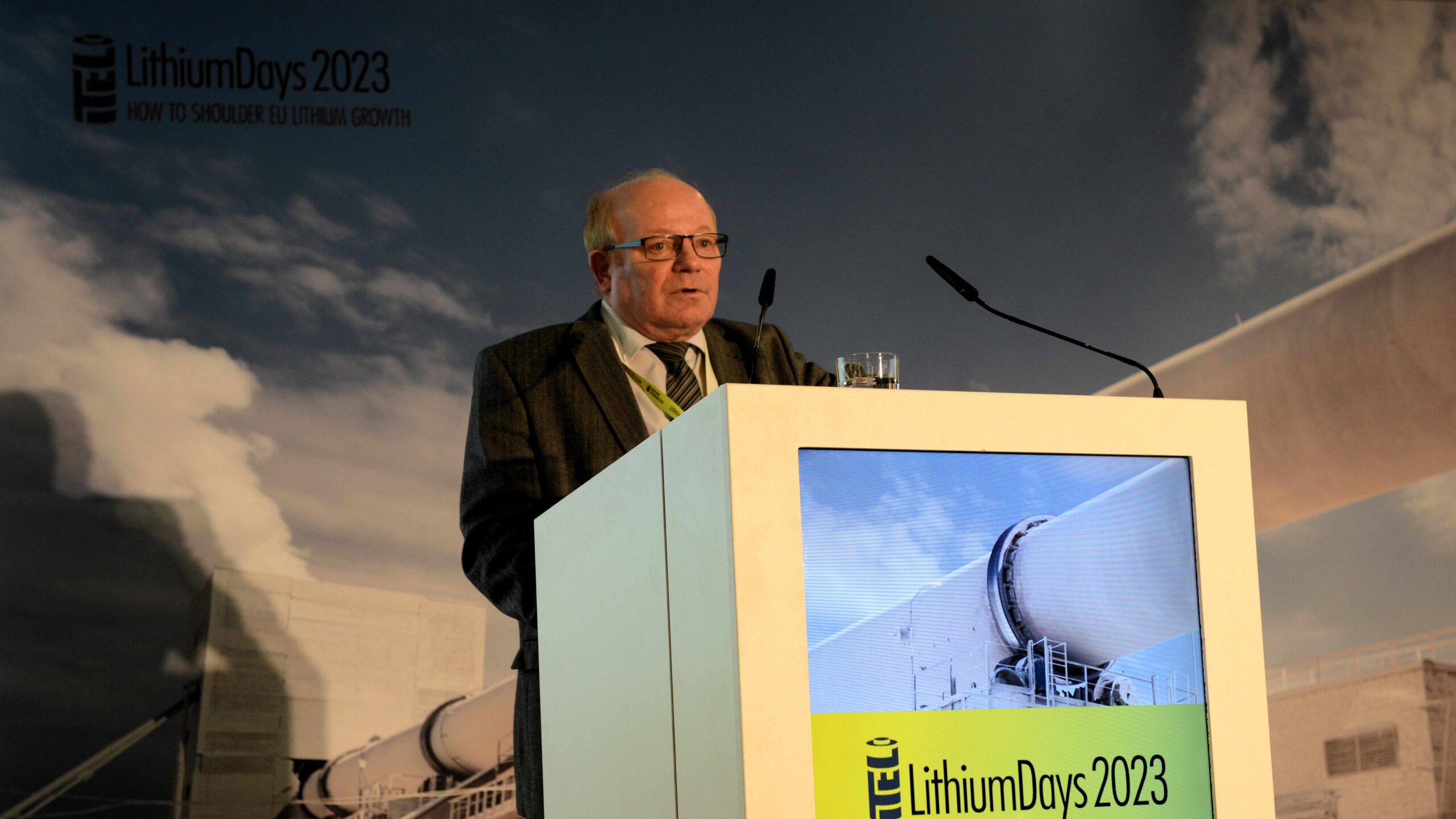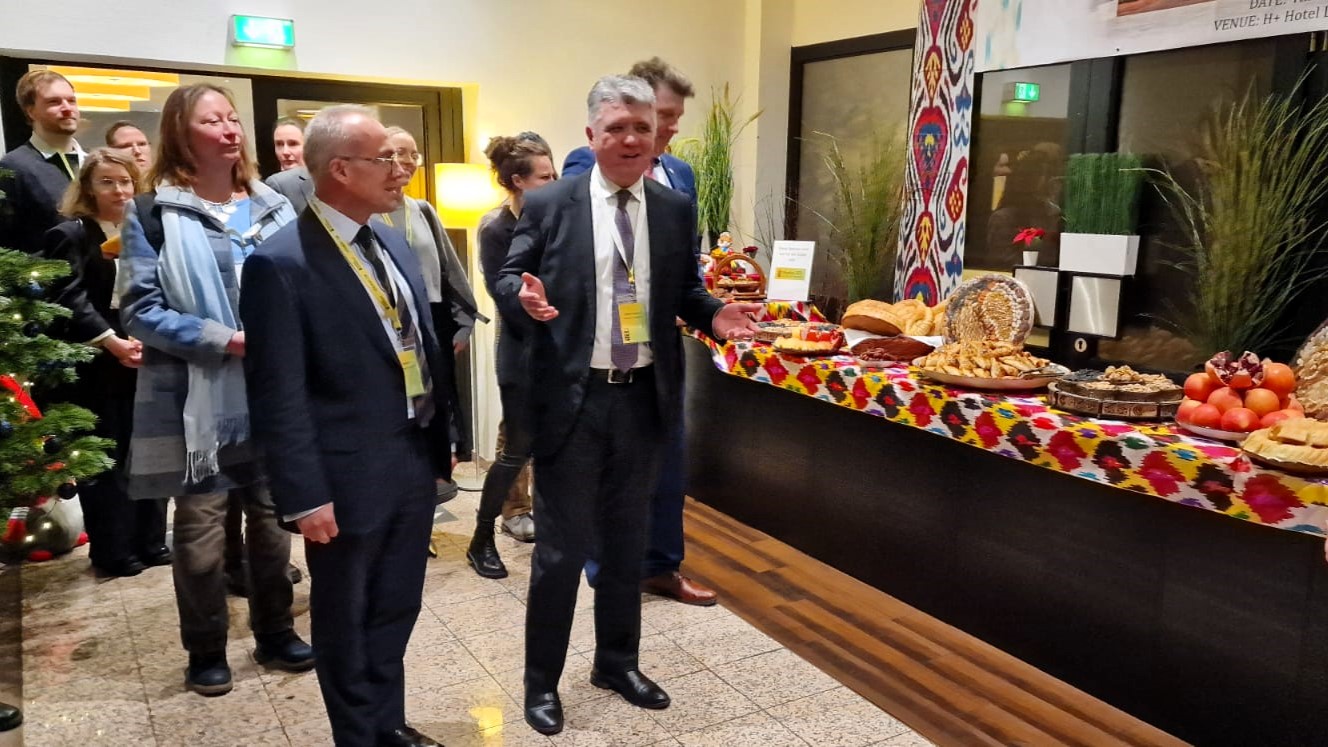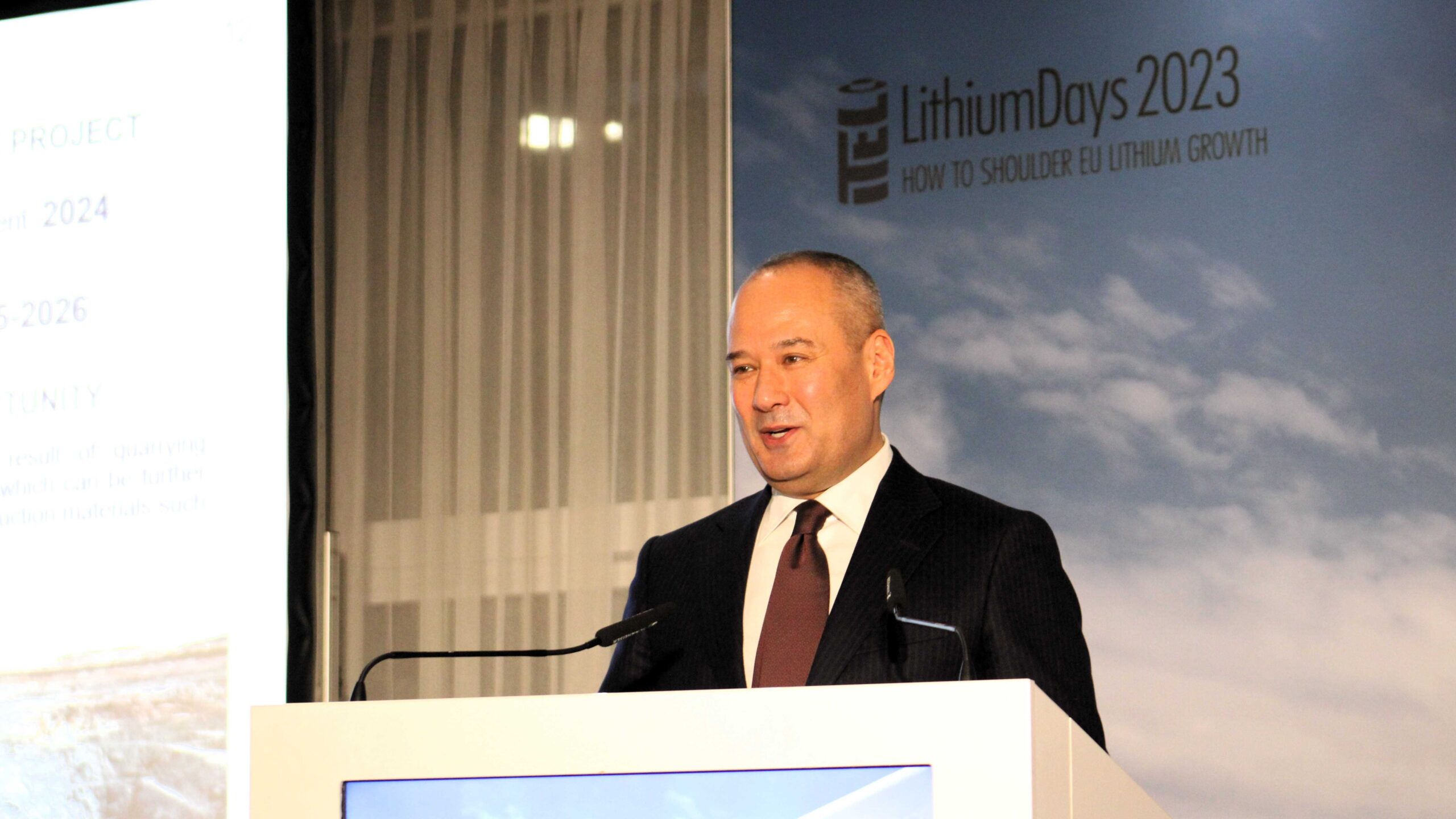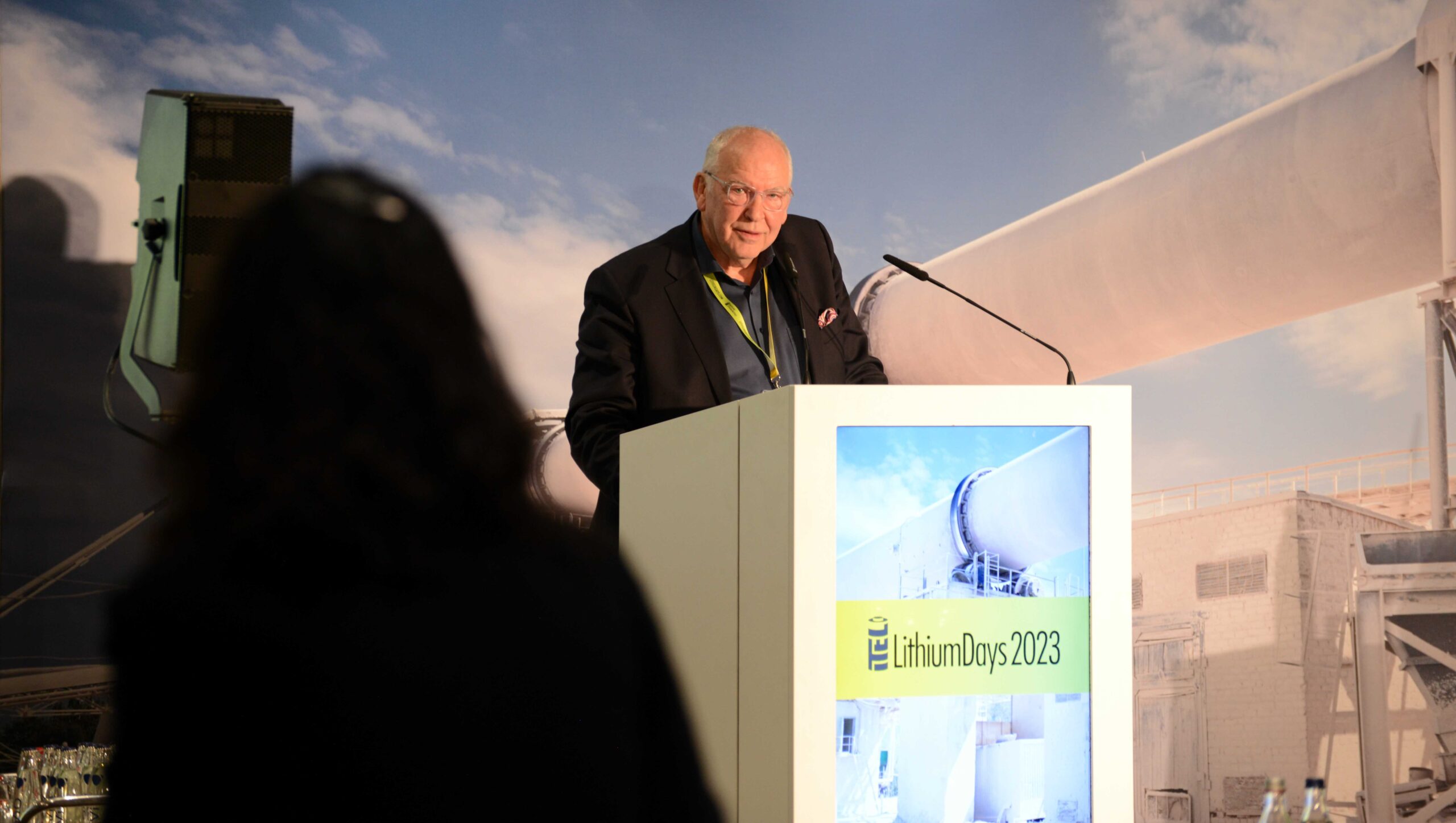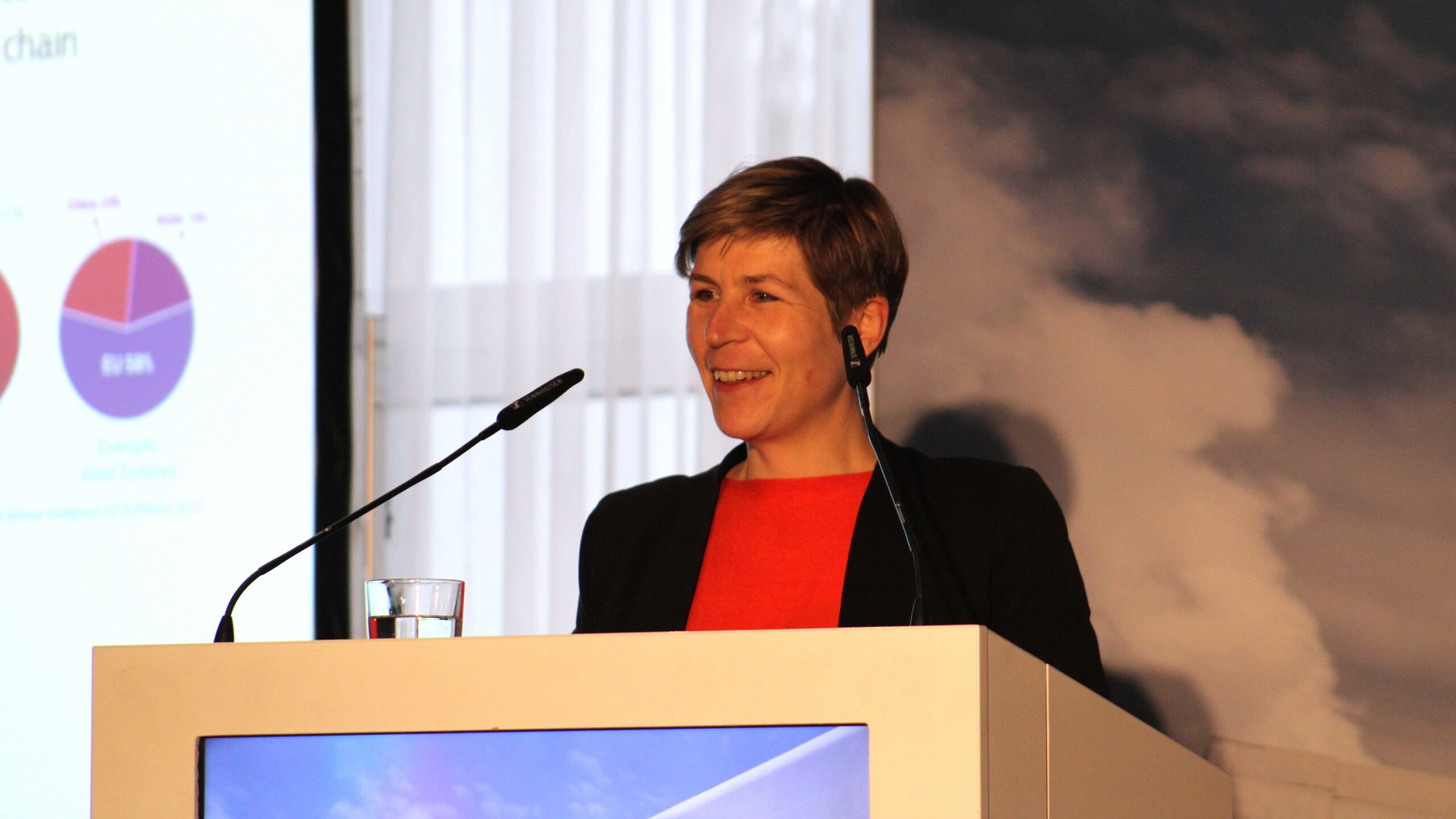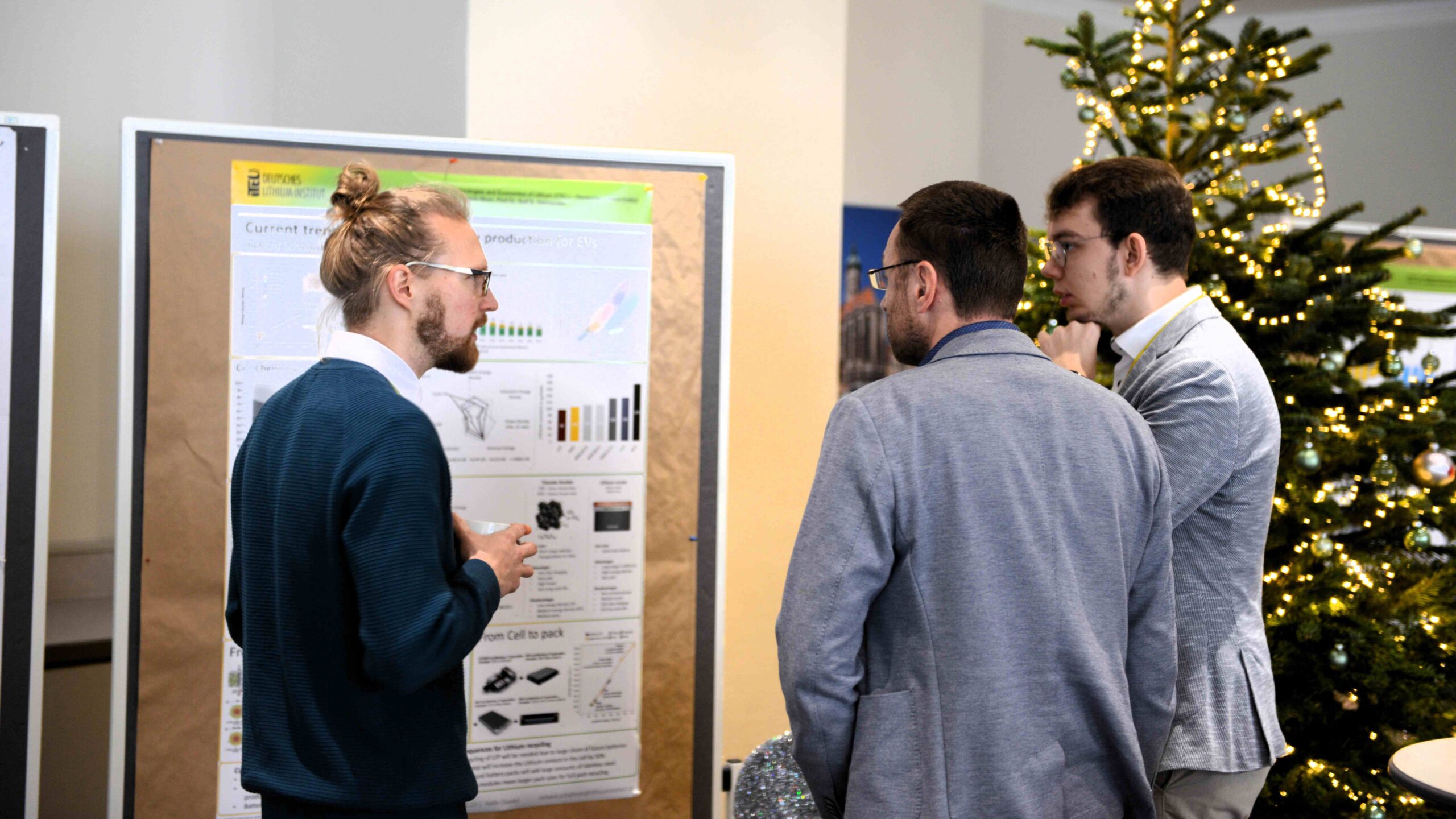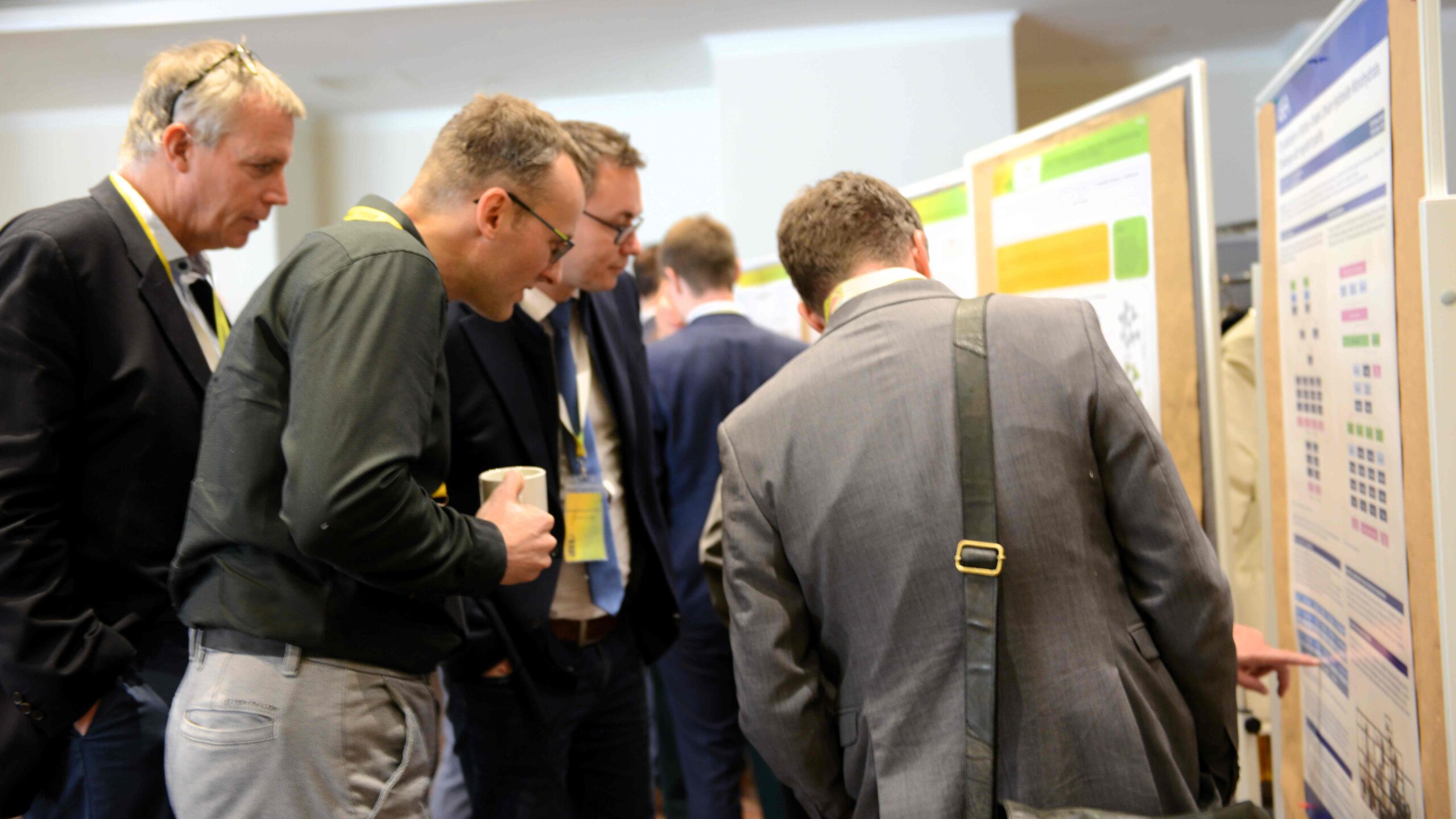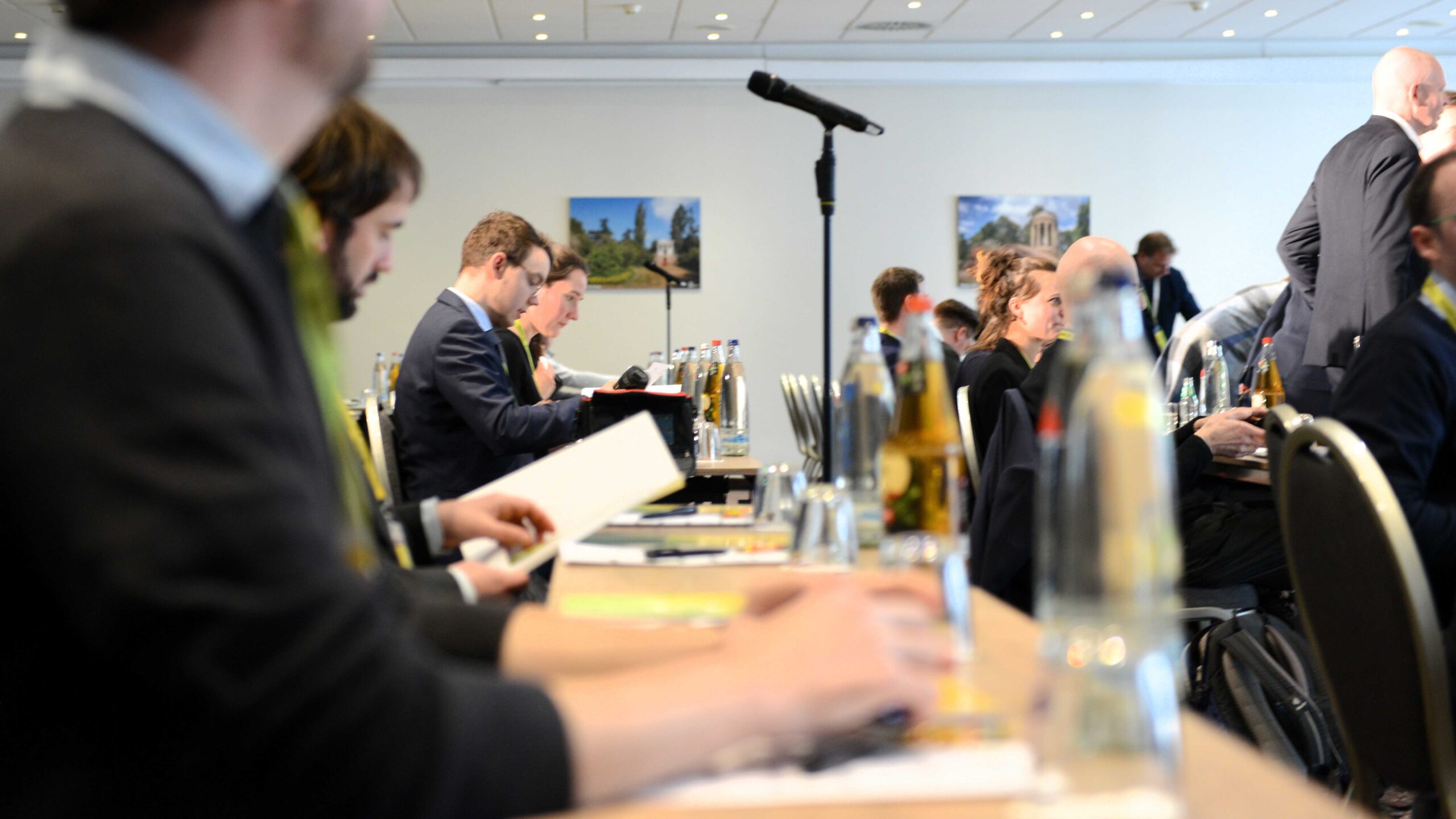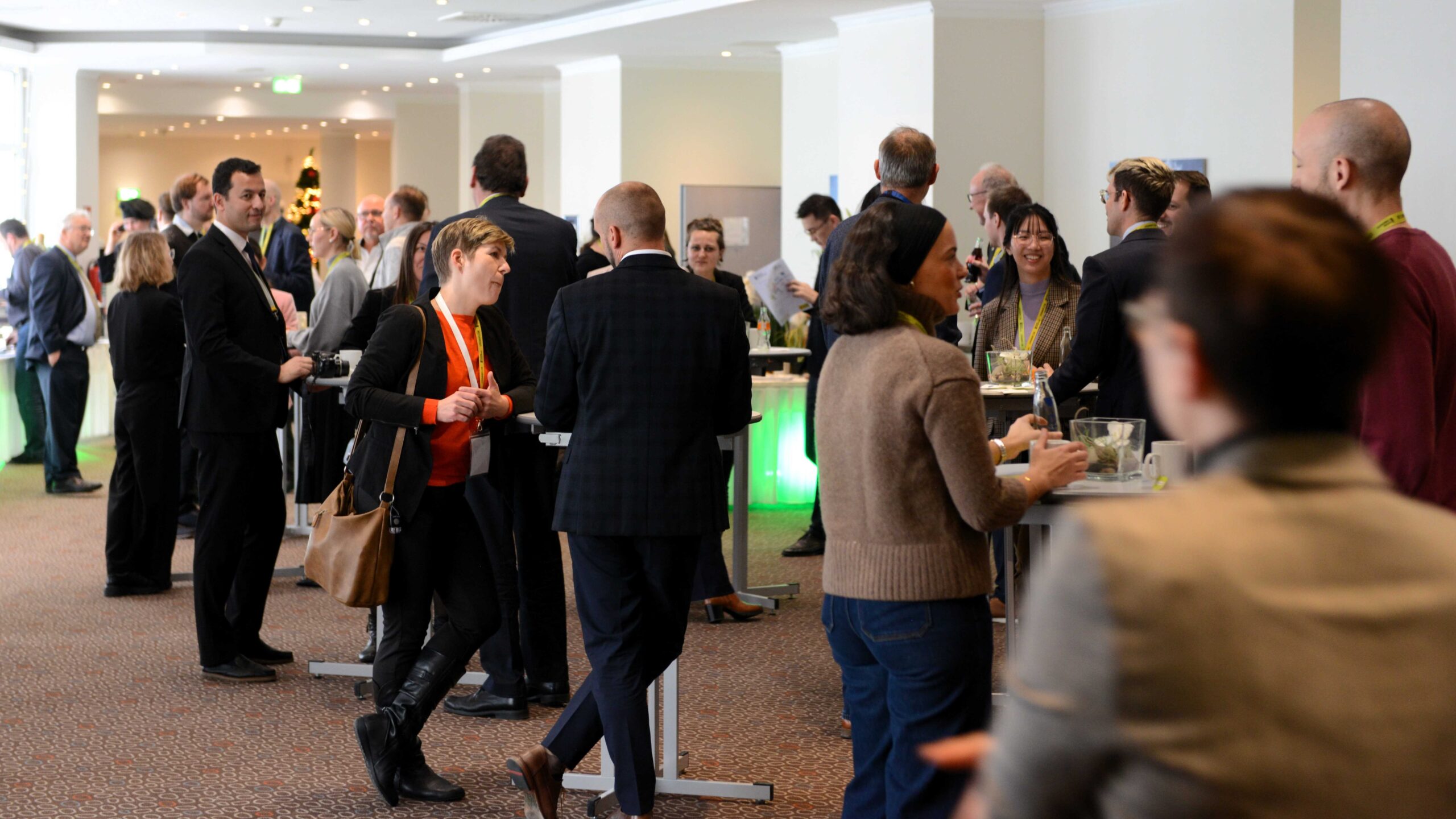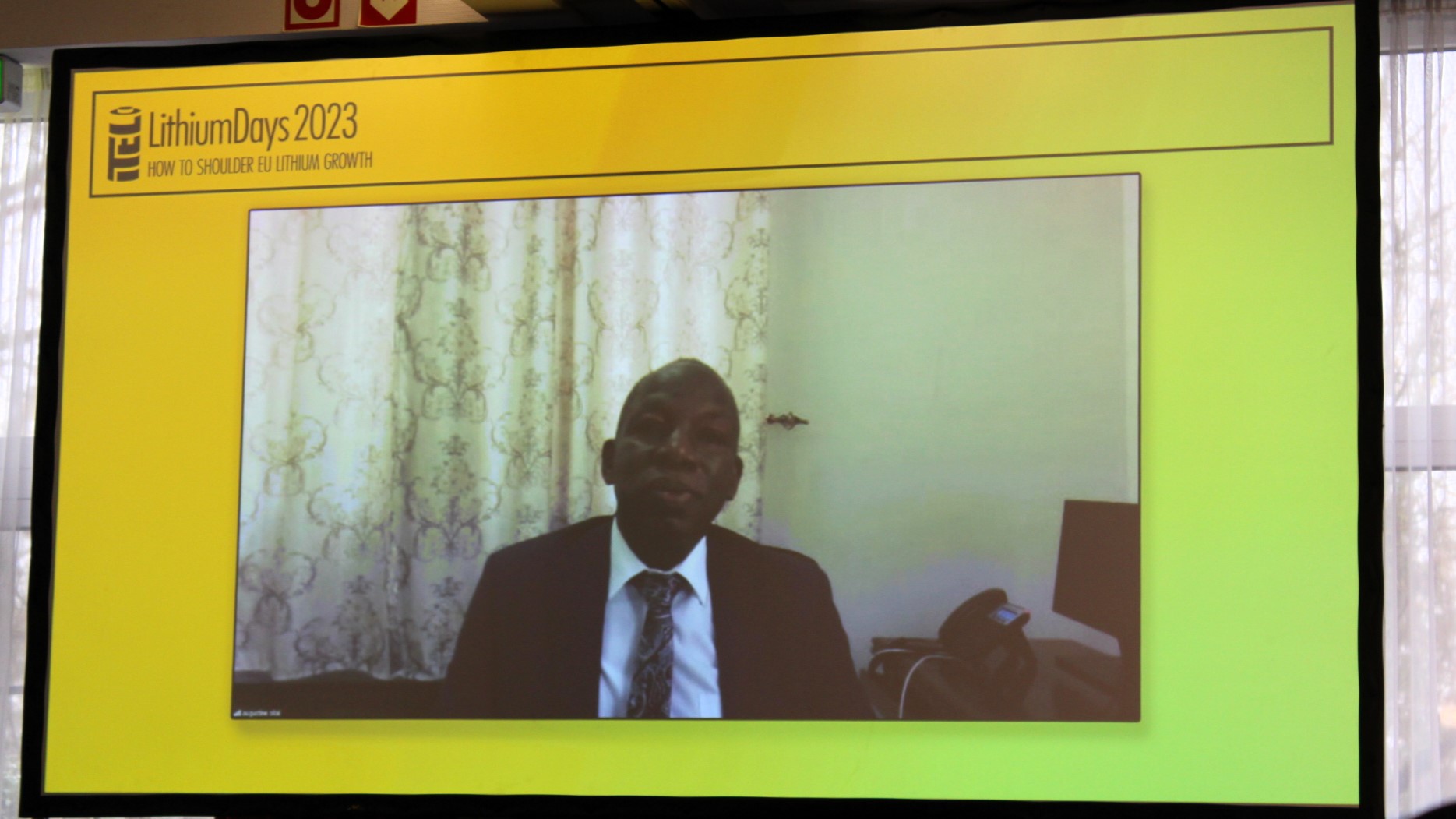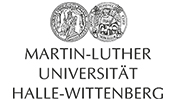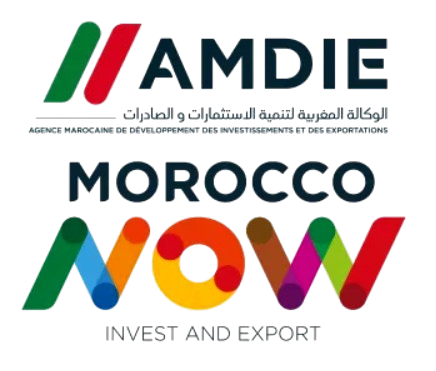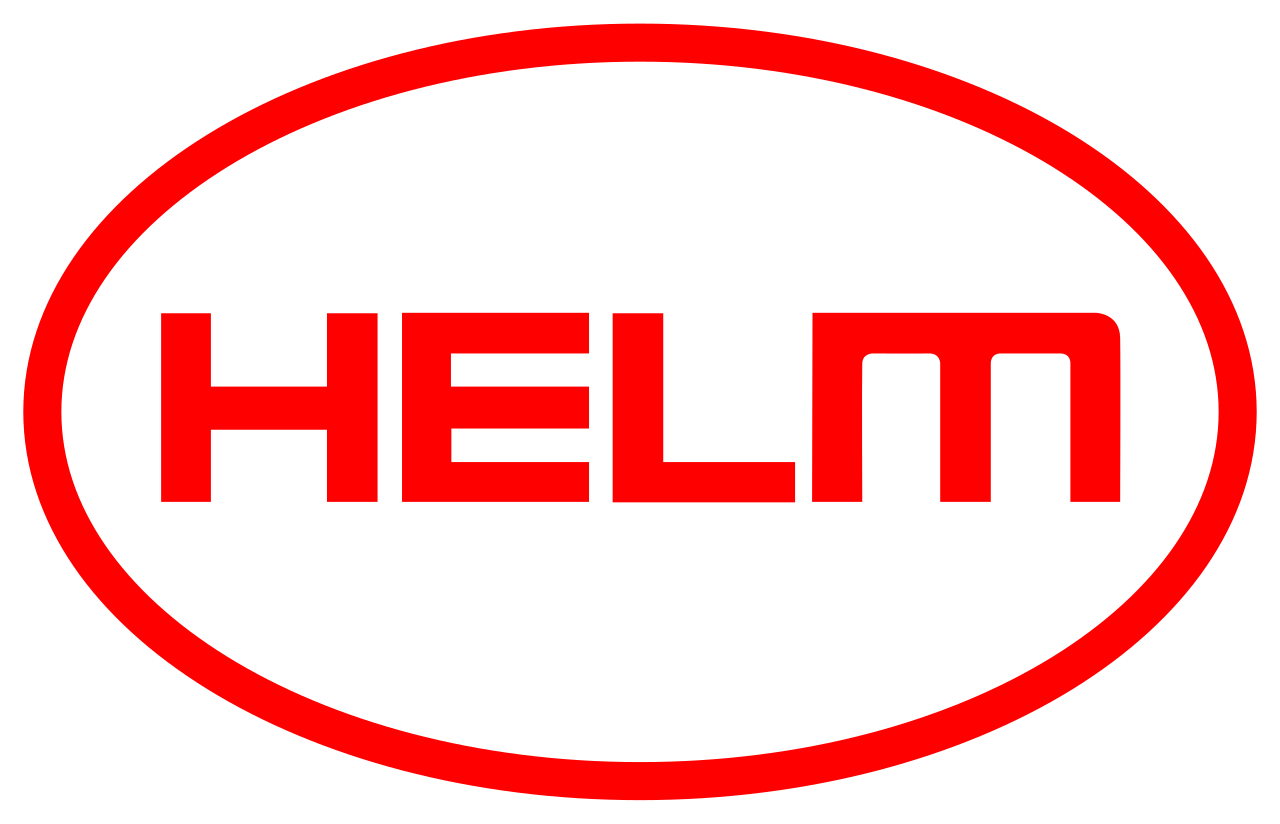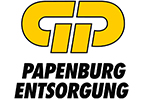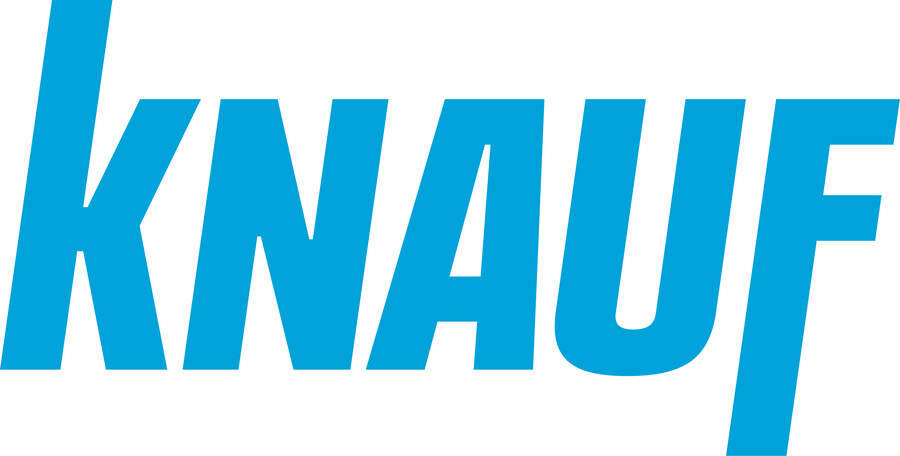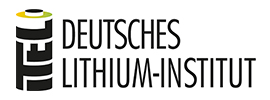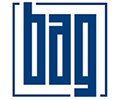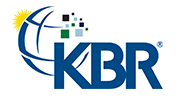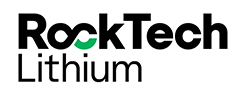Session 1: Economy of Lithium
The first session of the conference focused on the economy of lithium with regard to regulatory changes affecting the supply of critical and strategic raw materials.
Constanze Veeh (DERA/BGR and Unit for Energy Intensive Industries and Raw Materials at the European Commission) reported on the Critical Raw Materials Act (CRMA) of the European Union and emphasized the importance of the law as a framework for a secure supply of raw materials for the EU and thus also improved sustainability. The necessary self-sufficiency is important in order to become less dependent on third countries in order to cover the significant demand for primary raw materials for the energy transition. The importance of a circular economy and the associated recycling of “waste” was also enshrined in the proposed legislation.
Michael Schmidt (DERA) also addressed the CRMA in his presentation and, in comparison to the US IRA, pointed out that the EU’s proposed legislation is not a protective measure and called the EU’s recycling targets very ambitious. He also emphasized that compliance with and the reporting of ESG criteria are of great importance for the lithium market and how difficult the negotiations for a standardization of these criteria within ISO-TC-333 Lithium are.
In the third and final presentation of the session, Klaus Schmitz (RockTech Lithium Inc) emphasized the challenges and difficulties of currently securing spodumene concentrates on the global market, as the quantities traded are tied to long-term customer contracts. The primary raw materials are required for the lithium converter currently being planned in Guben, Brandenburg, which is in the final planning and approval phase.
At the end of the session, two new sponsoring members of ITEL were introduced: Zinnwald Lithium GmbH and Aurubis AG.
Guest Country Usbekistan
The guest country of LithiumDays 2023, Uzbekistan, was in the focus of the afternoon session. The partnership relations between Uzbekistan and Germany were emphasized by Uzbek Ambassador H.E. Dilshod Akhatov, as some large German companies are already based in the country. He emphasized the geostrategic position of the country and the liberalization of the country with the opening of the markets.
Representing the Uzbek Ministry of Mining and Geology, Omonullo Nasritdinchodzhaev, First Deputy Minister of Mining Industry and Geology, presented the development of the mining sector and investment opportunities in Uzbekistan.
Like the previous speakers, Eduard Kinsbruner (Committee on Eastern European Economic Relations) also referred to the positive effects of Uzbekistan’s reform policy and the increasing focus on production and mining, which is linked to rising population growth.
At the end of the session, Peter Liebelt (CASIB) presented the cooperation between Uzbekistan and Martin Luther University as part of a BMBF-funded project, which focuses on knowledge transfer and also includes areas such as soil contamination and the treatment of such within the framework of the UN’s sustainable development goals.
To round off the evening, the dinner was dedicated to the host country of Uzbekistan and offered the guests Uzbek specialties specially prepared by the chef of the Uzbek delegation.
Day 2: Primary Raw Material, Lithium ProcessingAnd By-products
Session 2: Primary Raw Materials
The second day of LithiumDays 2023 featured three sessions on primary lithium sources, the processing of lithium and the importance of by-products from lithium production.
When looking at primary lithium sources in Session 2, both lithium from brines and lithium from minerals were examined in more detail. Studies are currently being carried out on this topic in an attempt to extract lithium from existing geothermal plants in Germany (keynote speech by Valentin Goldberg, KIT). Four sites in the Upper Rhine Graben and the North German Basin are of particular importance and could ideally cover up to 12% of Germany’s lithium demand. However, there are currently no industrially feasible methods to guarantee this in Germany. When it comes to lithium supply from European sources, this should also be covered in the future with spodumene from Portugal (presentation by Alexandre Lima, University of Porto FCUP) and zinnwaldite from Germany and the Czech Republic (presentation by Prof. Dr. Thomas Seifert, Nikolas Trischler, TU Bergakademie Freiberg).
The long mining tradition in the German Ore Mountains represents an advantage that should not be underestimated, as old tin mining infrastructures can be reactivated and thus enable the underground mining of tin forestite (presentation by Anton du Plessis, Zinnwald Lithium). This has significantly less impact on the environment than above-ground mining. Forward-looking planning and the inclusion of all factors and as many processing steps as possible are essential in order to enable a functioning circular economy – even if individual sacrifice will continue to be the top priority (lecture by Prof. Dr. Frances Wall, University of Exeter). In order to enable such sustainable lithium extraction, control options are always required. In order to ensure that a product, e.g. the battery for the new e-scooter, has been produced as sustainably as possible and that the raw material actually comes from the specified mine, testing options are essential. Fingerprinting the source materials in this way is a very complex undertaking and is not yet possible at the present time. An initial feasibility study is currently underway (presentation by Nico Kropp, ITEL).
Session 3: Lithium Processing Technologies
The third session of LithiumDays 2023 dealt with the topics of lithium processing (presentation by Dr. Claudia Pudack, KBR) and measurement techniques for lithium. In addition to various measurement methods to determine the element lithium quantitatively and spatially resolved (Martin Zühlke, SECOPTA analytics GmbH; Jens Riedel, BAM), the focus was also on how it is possible to ensure optimal processing for each material. Different processing methods are possible depending on the material. Although these are usually similar, they can vary greatly in detail (keynote speech by Prof. Dr. Gerald Ziegenbalg, IBZ-Salzchemie GmbH). In order to determine these details, tests are first carried out on a laboratory scale, although only very small quantities of material can be processed. Larger semi-industrial trials can then be carried out on a larger scale, whereby the robustness of the process can be tested against various physical and chemical parameters in the various test series. The technical scale is then usually a kind of dress rehearsal for the actual plant, in which large quantities of material can be processed and final technical questions can be clarified.
Session 4: Lithium By-products
Session 4 dealt with the question of what happens to the by-products of the various production steps, which is so important for a functioning circular economy. Here, too, a whole range of factors play an important role, starting with the legal requirements, whereby the still relatively new Mantelverordnung Ersatzbaustoffe (presentation by Andreas Heilmann, BDE), but also the DIN standardization roadmap for buildings (presentation by Sebastian Edelhoff, DIN e.V.) were the focus, through to the technical challenges and what the various by-products entail. For some of these by-products, potential areas of application can be anticipated, e.g. as aggregates or in road/path construction, and only need to be tested (presentation by Max Niegisch, K-UTEC). For other by-products, such as used batteries themselves, where reuse is already ruled out, the main issue is recycling (keynote speech by Dr. Adalbert Lossin, Aurubis AG). This is a major challenge due to the great diversity of the individual batteries, especially with regard to the element lithium.
Day 3: Secondary Raw Materials, Recycling And International Perspectives
Session 5: Secondary Raw Materials, Recycling
On the last day of the LithiumDays, the focus was initially on secondary raw materials and recycling. The opening presentation entitled “Challenges of the EU Battery Regulation to close the material cycle for Lithium” was given by Tobias Schulze Wettendorf (GRS Batterien Service GmbH). After a brief introduction of GRS, current research results were presented. In this context, an outlook on existing obligations and capacities to be achieved as well as ideas for their implementation were presented. The focus here was on the presentation of various recycling processes.
Dr. Stefanie Arnold (INM – Leibnitz Institute for New Materials) then gave a presentation on “Electrochemical lithium recycling through lithium iron phosphate electrodes”. She began by giving an overview of the research field, focusing in particular on existing challenges. She then addressed these by presenting the research processes using the materials of the LFP batteries.
In the subsequent presentation, Ms. Quinteros Condoretty (LUT University) first presented the “ReLiEF” program, which deals with the recovery of lithium from other secondary sources. She outlined the current legal framework and then reported on the results of a series of interviews with a large number of companies regarding the circular economy and recycling. By evaluating the interviews, four key problems were identified, which she presented in detail.
Finally, Dr. Andreas Neumann from ITEL presented the current results of his slag research. As an introduction, he explained the underlying motivation and basic questions on the subject of slag and its links to the steel industry. The main component was the presentation of current research series and the results achieved.
Session 5 concluded with two further presentations after a short coffee break. First, Frank Pommerenke (Li-Cycle Germany GmbH) presented the current status of the Li-Cycle site in Magdeburg. In addition to the theoretical basics of the project and an introduction to the company, the main focus was on the European market and the company’s goals in this area. Furthermore, Mr. Pommerenke also addressed problems with the implementation, which mainly lie in logistics and in the area of financing. The session was rounded off with a presentation by Max Fuhr from Chemiepark Bitterfeld-Wolfen GmbH. By emphasizing the fact that Europe could become the second largest EV market, he addressed the need to build up the entire supply chain for this in the EU. Based on this, he presented the location and perspectives of the chemical park and mentioned important partnerships and cooperations to realize common goals (e.g. AMC or IBU-tec). In conclusion, Mr. Fuhr also addressed the challenges of implementation, which he described as the “sodium sulphate dilemma”.
Session 6: International Perspectives
Session 6 on “International Perspectives”, chaired by Prof. Dr. Gregor Borg (ITEL), concluded the conference. This session began with the presentation of the partner country of LithiumDays 2024, Tanzania. After a brief personal introduction by Prof. Borg, Mr. Augustine Ollal (Director of Policy and Planning and Acting, Permanent Secretary of the Ministry of Minerals of Tanzania) was connected via video call. He presented Tanzania’s potential and expressed his delight at being able to be part of the conference next year with the hope of new ideas and partnerships.
Building on this potential in Africa, the final presentation was given by the ESG officer Bachir Mouhyi from the Moroccan company OCP. The presentation focused primarily on the question of implementation strategies for ESG criteria and possible future prospects, particularly with regard to the increasingly strict requirements of the EU and their potential impact on trade relations with European trading partners.
The conference was rounded off by a short wrap-up and a vote of thanks by Prof. Dr. Ulrich Blum (ITEL).
Thanks
ITEL would like to invite you to join us again next year. The next LithiumDays are planned to take place from 26-27 November 2024 together with our partner country Tanzania. We would like to thank our partners and sponsors for the 2023 conference: Martin Luther University Halle-Wittenberg, Rock Tech Lithium, GP Günter Papenburg AG, Knauf Gips KG, Basalt-Actien-Gesellschaft, Schwenk Zement GmbH & Co. KG, Sulzer, GEA, PS Union, VEF Verwaltung Entwicklung und Finanzierung GmbH & Co. KG, Dr. Kersten & Partner, City of Halle (Saale), IMG Investitions- und Marketinggesellschaft Sachsen-Anhalt mbH, Stadtwerke Halle and IHK Halle-Dessau. We would also like to thank the team of the H+ Hotel, Stadtmarketing Halle (Saale) GmbH, the tech team of Xscreen, the program and organization committee, all speakers and chairmen as well as the ITEL team for the successful conduct of the conference, especially Prof. Dr. Gregor Borg, Yvonne Zilke and Doreen Nagelmüller.


